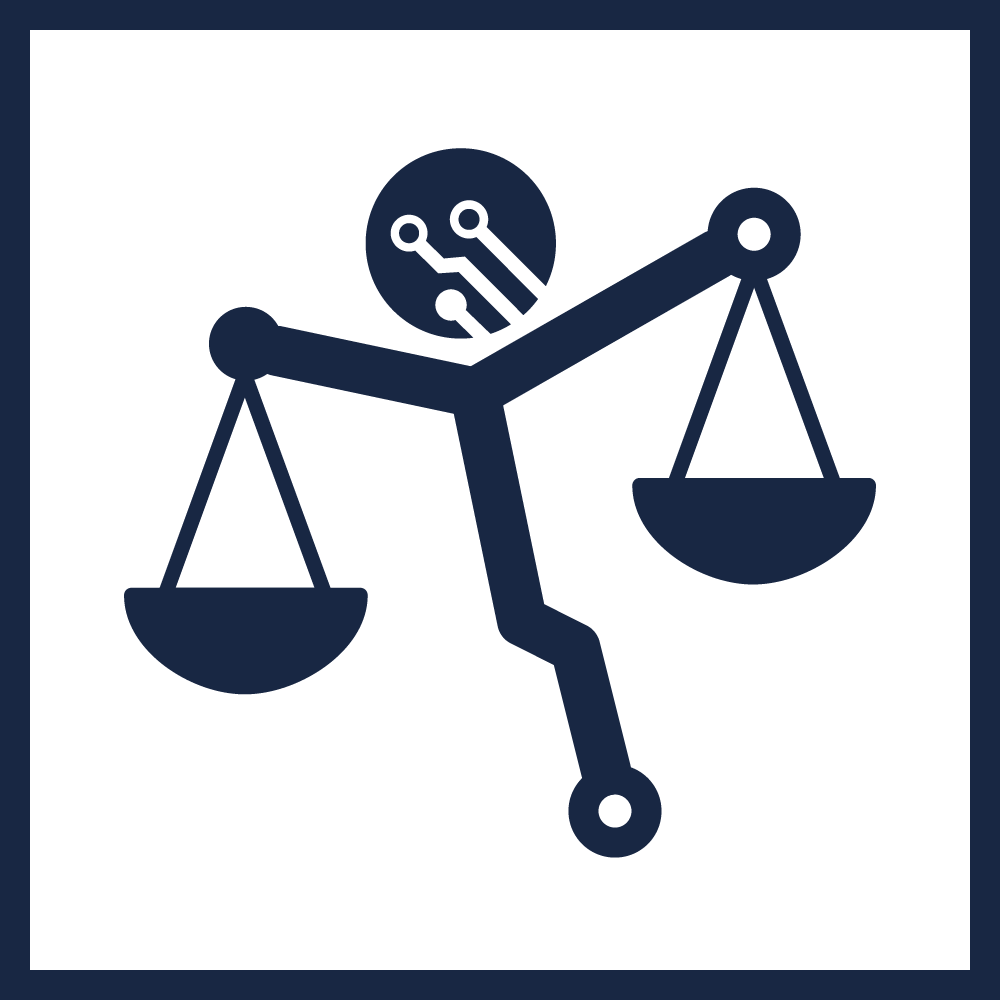AI for English Law project granted unprecedented access to British and Irish Legal Information Institute dataset.
Associated people
Researchers at the University of Oxford can now use artificial intelligence (AI) to explore judicial cases across England and Wales, thanks to an historic agreement with the British and Irish Legal Information Institute (BAILII).

Although publicly available, the bulk download of data necessary for natural language processing analysis (a form of artificial intelligence) has been prohibited under the terms of the standard user agreement – until now. This will be the first time BAILII have granted such access to any organisation. The partnership between Oxford University and BAILII promises to unlock new research insights into English caselaw and also to develop novel research techniques which will improve access to legal information in England and Wales. The negotiations with BAILII took over a year and encompassed review by stakeholders at the Ministry of Justice and the Judiciary.
Professor John Armour from Oxford’s AI for English Law team said:
The Oxford-BAILII data agreement has the potential to revolutionise lawtech in the UK. For the first time academic researchers will be able to explore the application of artificial intelligence to the analysis of a very large body of case law from England and Wales. While research has been done with decisions from a range of other jurisdictions around the world, bulk access to data has so far been a stumbling block for work with decisions here. We hope that, in addition to facilitating important academic progress in the application of AI to common law decision-making, our agreement with BAILII will also serve as a model for future such arrangements.
Sir Ross Cranston, Chair of the BAILII Trustees, said:
BAILII is delighted to collaborate with the highly regarded research team at Oxford University in their important work on the AI for English Law project. Their findings will guide BAILII in developing a policy on data sharing for large-scale data analysis which aligns with emerging policy at HMCTS and the Ministry of Justice.
The agreement creates a partnership under which work the project is doing on necessary legal and ethical safeguards regarding access to court data can be used to inform the development of BAILII’s policy for access by other organisations in the future. These findings were recently published in a project report on Building a Justice Data Infrastructure.


